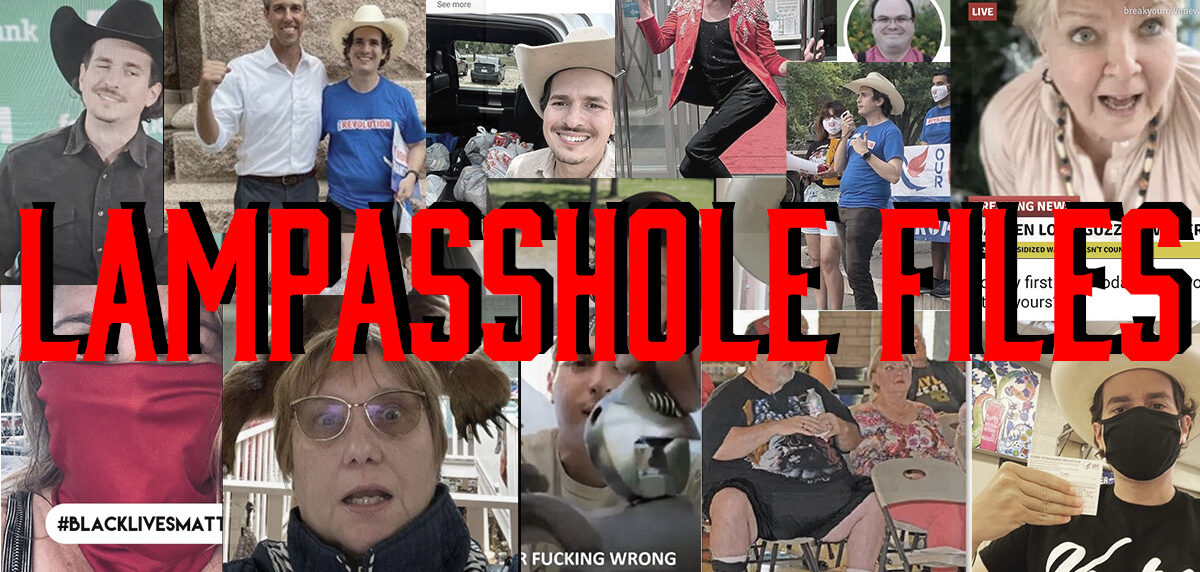Robert A. Caro’s epic four-volume biography of former US President Lyndon Johnson is among the most meticulously researched and elegantly written chronicles of the life of a single person. Spanning more than 3,000 pages and stuffed with meticulously detailed notes and sources, The Years of Lyndon Johnson collection makes for a sobering read.
There is one overarching and inescapable conclusion drawn from its pages: Johnson was a grotesquely corrupt person willing to say and do anything to accumulate power and enrich himself.

Elected to Congress in his late twenties, Johnson was known for handing out literal bags of cash to politicians in pursuit of the legislative goals of his powerful commercial sponsors – firms like the military construction outfit Brown & Root (now part of KBR). In 1948, Johnson stole the Texas Democratic primary race for US Senate from his opponent Coke Stevenson. The official tally shows Johnson besting Stevenson by 87 votes out of nearly a million cast, but the election was shrouded in scandal by the sudden appearance of 202 additional votes in Precinct 13 of Jim Wells County, of which 200 were for Johnson. Amazingly, those last 202 votes were cast in alphabetical order.
Johnson proudly made a mockery of his dishonesty, openly referring to himself as “Landslide Lyndon” as he continued his ascension up the US political power ladder.
When Johnson entered Congress, he was dirt poor and obsessed with money. He remained an elected federal official until his term as President ended in 1969 – an unbroken string spanning more than three decades – and yet managed to retire with a fortune that would be valued well in excess of $100 million today. His official explanation for how a public servant could become so rich? His wife, Lady Bird Johnson, effectively grew “the small radio station that [she] paid $17,500 for” into a family of broadcasting interests.

What separates Johnson’s story from other tales of political venality is the vast impact of his legacy. The average US citizen’s trust in government peaked at 77% during Johnson’s time as President and has drifted lower ever since, sitting at just 20% today. He also uncorked an orgy of government spending, both in support of the war in Vietnam and in pursuit of his ambitious domestic agenda. Bigger government means bigger opportunities for grift, and Washington DC’s insatiable and bipartisan appetite for both was irreversibly accelerated by Johnson. Measured as a percentage of gross domestic product, US Federal Government spending has nearly doubled since the 1960s.
Normalization of behavior like Johnson’s has led to a continuing debasement of US politics to the point where scandals that would have previously ended careers are now routinely blown off as standard operating procedure. Today, members of Congress openly and flagrantly trade stocks based on inside information, having gone so far as to carve out an exception that legalizes an activity that is still a crime for the rest of us. Government regulators routinely end up as well-compensated employees of the very companies they are meant to oversee, creating giant and obvious conflicts of interest in the process, and selective use of the powers of government against political opponents is now commonplace. An entire cottage industry of rent-seeking enablers – lobbyists, attorneys, and consultants – dot the interface between the private and public sectors, making it impossible for entrepreneurs to thrive without paying a healthy vig to this state-sponsored mafia.

As the cancer of corruption grows, so too does the government’s need to corral the outrage and the activities of ordinary citizens. In this regard, one weapon supersedes them all: the ability to control how ordinary citizens transact in the economy. As Ben Hunt brilliantly describes in his excellent piece In Praise of Bitcoin, the goal of the US government is to see and preside over all the money in the world because once that power is obtained, it’s game over. Here’s a key passage (emphasis in the original):
“That’s really all it is. That’s what Anti-Money Laundering (AML) regulations are all about. That’s what Know Your Client (KYC) regulations are all about. That’s what Report of Foreign Bank and Financial Accounts (FBAR) regulations are all about. That’s what the Treasury-led Society for Worldwide Interbank Financial Telecommunications (SWIFT) is all about. That’s what the Bank Secrecy Act (BSA) is all about. None of these programs are really about taxes. None of these programs are really about catching crooks or fighting terrorists. All of these programs are really about information for information’s sake regarding the greatest source of power in the world and the raison d’etre of every government on Earth: money.”
Buried in the noise and drama surrounding the ongoing collapse of the crypto sector are disturbing developments in tangentially related technologies that look set to snuff out the last vestiges of individual privacy: central bank digital currencies (CBDCs). Just as the shock of 9/11 was leveraged to roll back basic freedoms in the name of security, so too will the deep criminality exposed in the digital assets space be used to justify a terrifying shift in the way all citizens interact with each other in the economy.
